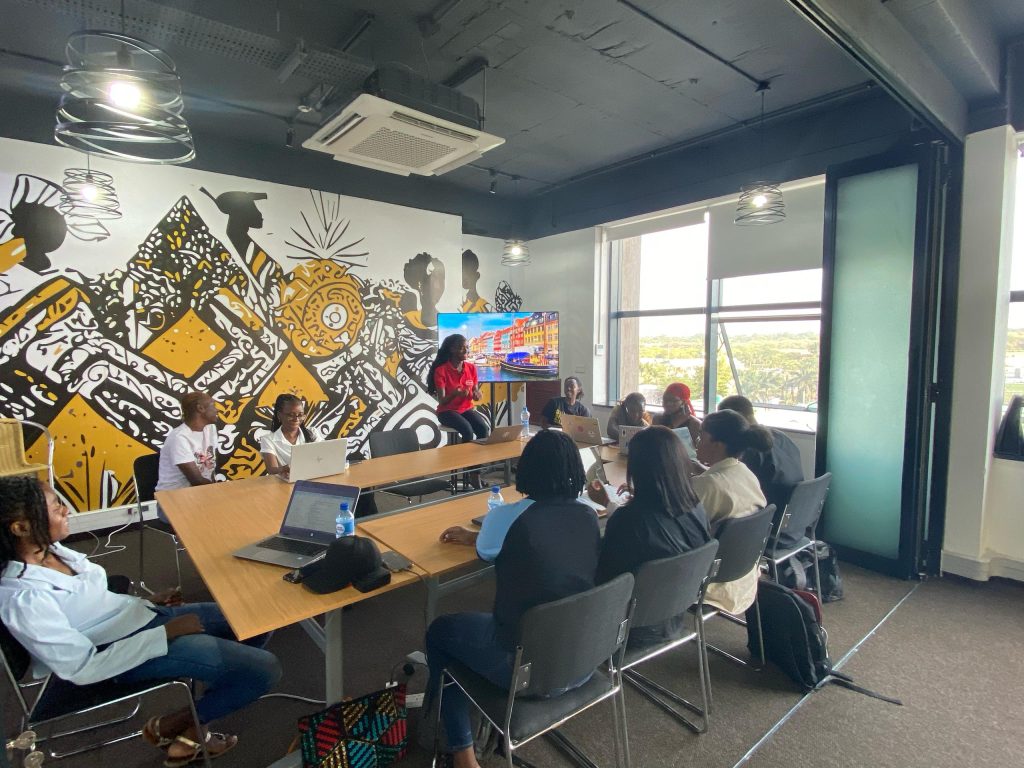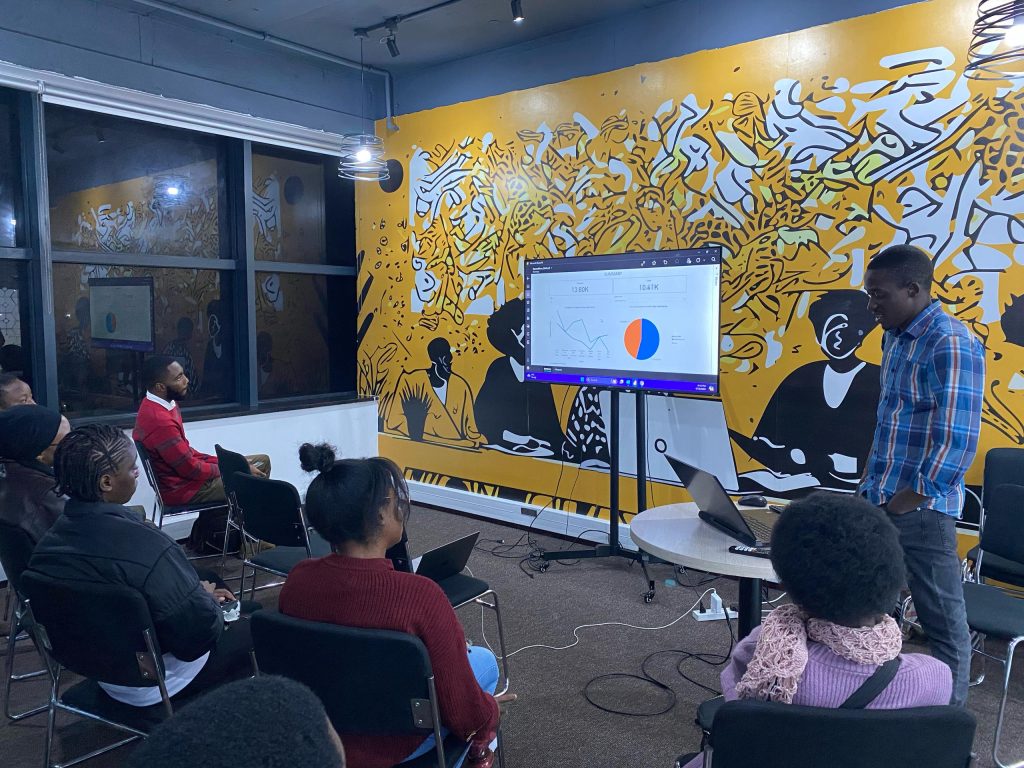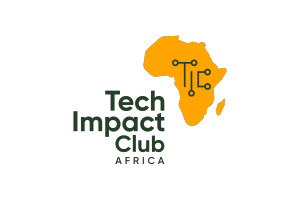
According to the Nigerian Bureau of Statistics and UNFPA, youth unemployment is one of Nigeria’s most pressing socio-economic challenges. With over 60% of the population under the age of 25 and a rapidly growing labour force, the country faces a unique crisis: a generation full of energy and potential but with limited access to jobs. However, technology is fast becoming a game-changer—redefining career paths, creating new industries, and equipping young Nigerians with the skills they need to thrive in a digital economy.

A Shifting Landscape: From Job Seekers to Job Creators
In the past, success for many Nigerian youths was tied to securing white-collar jobs in banking, oil, or public service. Today, the narrative is shifting. Digital platforms, mobile connectivity, and the rise of remote work are opening up new opportunities in tech-related fields such as:
- Software development
- Digital marketing
- Data science
- Cybersecurity
- UI/UX design
- E-commerce operations
Young people are no longer just looking for jobs—they are building startups, freelancing, and exporting their services globally.
Digital Skills as the New Currency
One of the most critical steps in reducing youth unemployment is skills acquisition. Programs focused on digital literacy and tech training are closing the gap between education and employability.

At Tech Impact Club Africa, we’ve seen firsthand how structured, accessible tech education transforms lives. Through bootcamps, mentorship, and project-based learning, youths are gaining practical skills that lead to real jobs. Some of the most impactful areas include:
- Coding and software engineering
- Mobile app development
- Social media management
- Cloud computing and IT support
These skills are in demand both locally and internationally, making Nigerian youths globally competitive.
Technology-Driven Entrepreneurship
With access to the internet and mobile devices, Nigerian youths are leveraging platforms like:
- Upwork, Fiverr, and Toptal—to earn as freelancers
- Shopify and Instagram—to build e-commerce brands
- YouTube and TikTok—to monetise content
- Fintech apps—to run digital businesses with little overhead
By lowering the barrier to entry, technology is democratizing entrepreneurship, enabling even those in underserved communities to start and scale their ventures.
Policy and Ecosystem Support
While technology holds promise, meaningful impact also requires supportive ecosystems and policies. Initiatives like the National Digital Economy Policy, NITDA training programs, and private sector accelerators play a crucial role in scaling access and impact. More public-private partnerships are needed to expand infrastructure, fund innovation, and ensure inclusivity.
The TIC Africa Approach
At TIC Africa, we’re committed to equipping youth with the tools they need to thrive in a tech-driven world. Through our community-led programs, we:
- Run hands-on training in coding, data, and design
- Partner with local and international organisations for internships and jobs
- Empower women and underserved youth with inclusive tech education
- Foster a culture of innovation, leadership, and problem-solving

We believe that Africa’s youth are not just the future—they are the now. With the right support, they will lead the continent’s transformation.
Final Thoughts
Technology alone is not a silver bullet—but when combined with education, access, and opportunity, it becomes a powerful lever for change. Reducing youth unemployment in Nigeria is possible, and tech is at the heart of the solution.
As we continue to build a more inclusive, digital Africa, we invite stakeholders—governments, the private sector, NGOs, and individuals—to invest in youth-focused tech initiatives. The return is not just in jobs created but in lives transformed.
